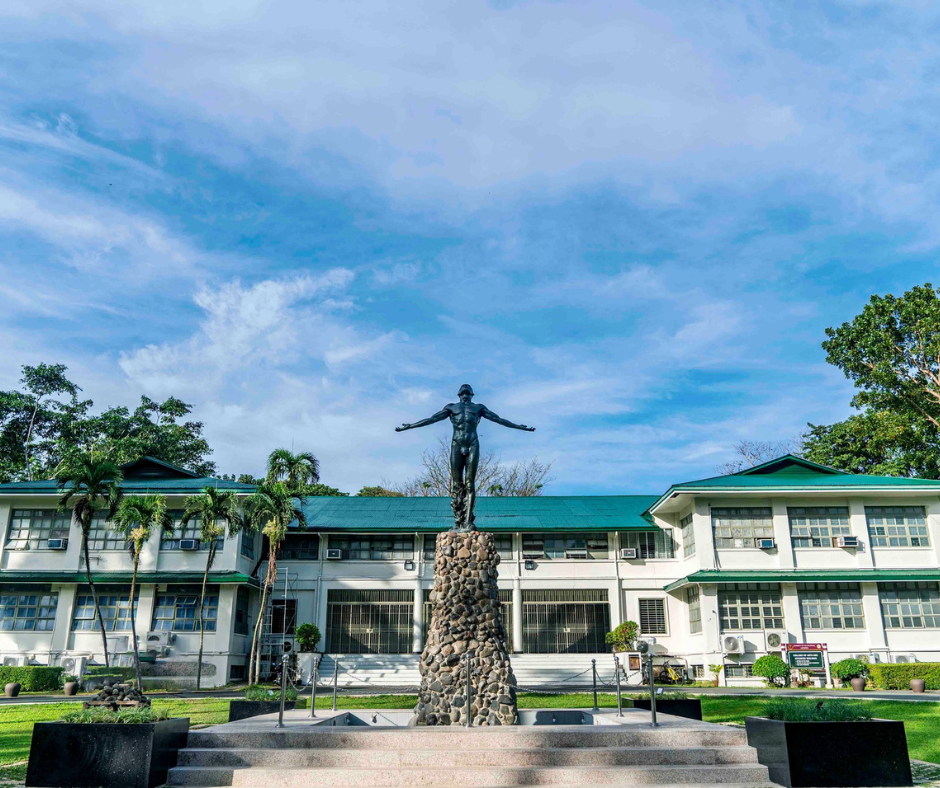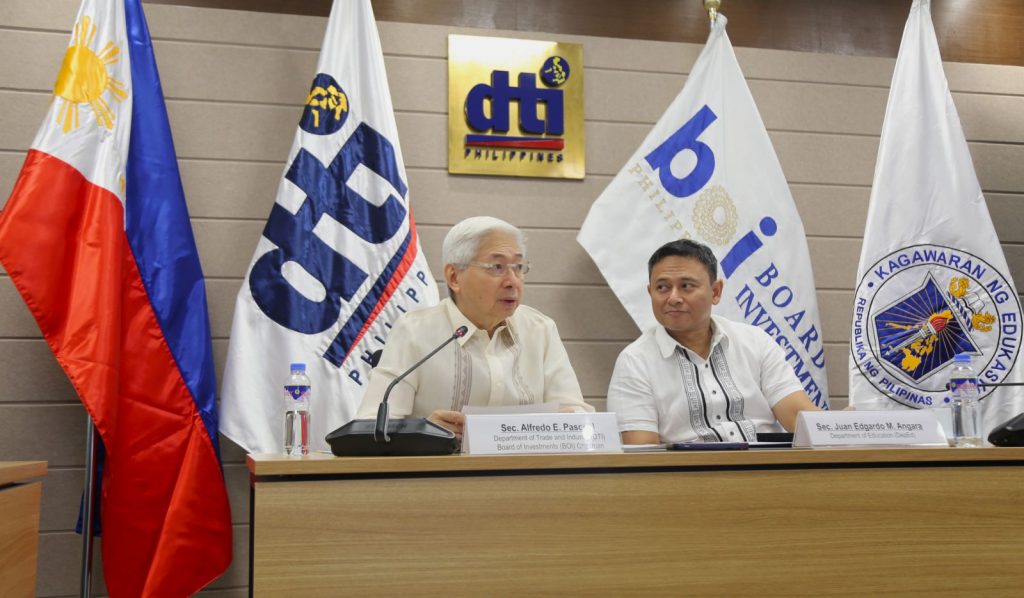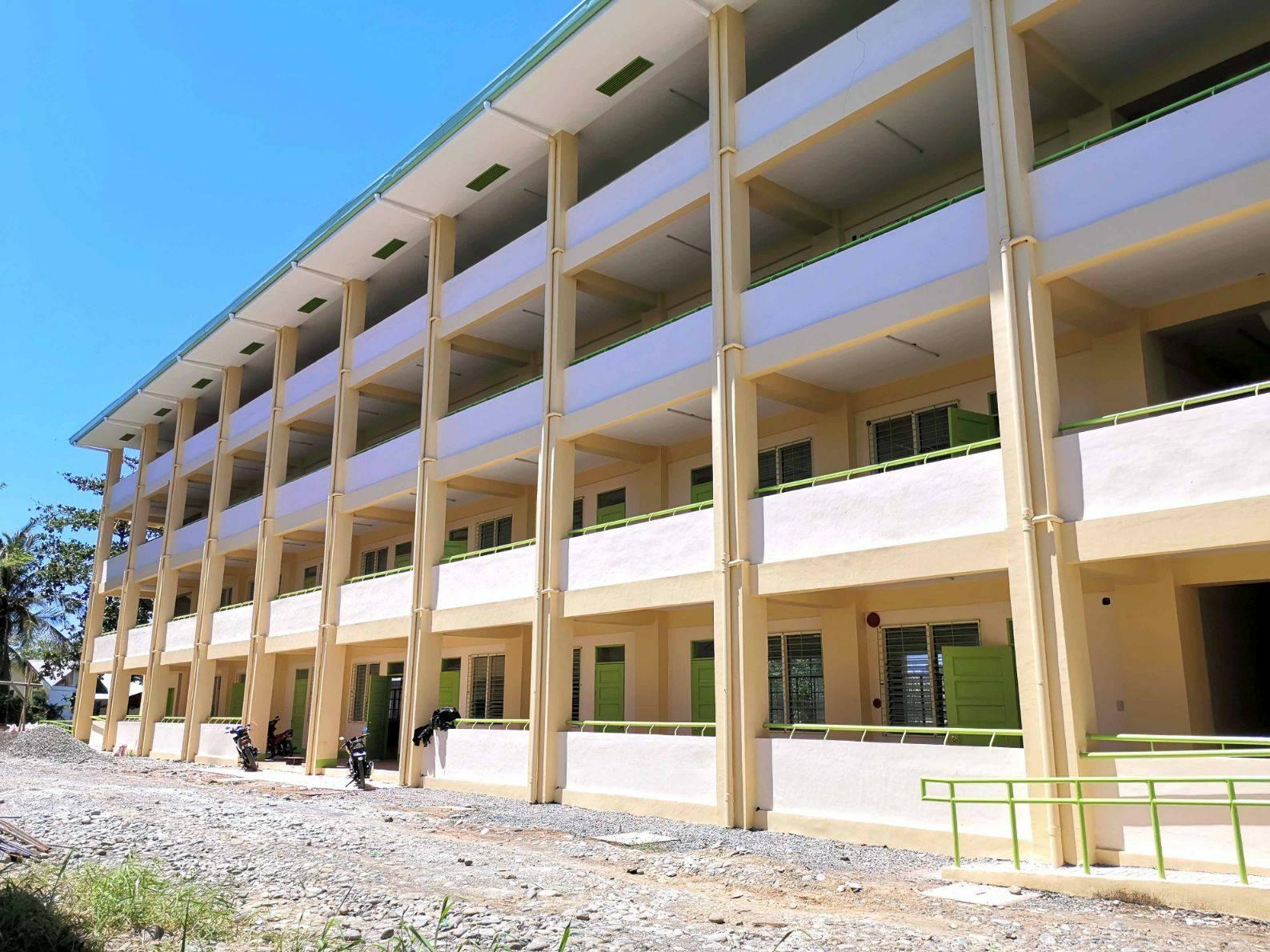UPLB professor’s encounter with grade bargaining sparks debate on academic integrity

An educator at the University of the Philippines Los Baños (UPLB) recently shared concerns about grade inflation and student expectations, raising important questions about academic integrity.
In an anonymous post on the UPLB Freedom Wall, the author, who claims to be an assistant professor at the university, described a troubling encounter with a freshman student who sought to negotiate a higher grade during a consultation.
The professor initially awarded the student a final grade of 2.0. However, after reviewing the student’s work, the final standing adjusted to an even lower 2.25 due to errors. Unable to accept the grade, the student asked the professor to recompute but all ended up with the same grade.
“I couldn’t believe what happened next,” the post read
The student negotiated for a grade of 1.75, promising to make it up for the next subject with the professor next semester. The student reasoned that it was necessary to maintain this minimum grade to remain eligible for future academic honors.
“Bargaining for grades is a major offense and can easily warrant him to be brought to the Student Disciplinary Tribunal,” the post read.
This incident underscores the ongoing debate about grading practices, particularly as the COVID-19 pandemic has prompted educators to be more lenient.
The professor noted that many faculty members extended compassion to students during this challenging time, contributing to a culture of grade inflation.
“I think I may have succeeded in doing that based on the feedback I get via SETs,” the professor said, referring to student evaluations.
The professor expressed frustration with the student’s request, emphasizing that many classmates received similar grades without attempting to negotiate.
“Why can’t you accept a grade below 1.75?” the professor asked, pointing out that academic integrity must come first.
The post sparked a range of reactions from netizens. David James Elba commented, “You did the right thing, Sir. You simply followed the rules of the university and maintained its integrity.”
Danica Aguinaldo echoed this sentiment, reminding others that grade solicitation is prohibited.
However, Mapkoc Kebiv cautioned against leniency, saying, “If students are not disciplined, what kind of future leaders are we breeding for the next generation?”
After much deliberation, the professor ultimately decided not to report the incident to the Student Disciplinary Tribunal and awarded the student the 2.25 grade.
The educator concluded the post with a message to students: “Not all professors would easily give grades ranging 1.0-1.75. Sometimes, the ‘low’ grades you get already have considerations taken into account.”
This situation reflects broader issues in higher education, where balancing compassion and maintaining academic standards is a pressing concern.


